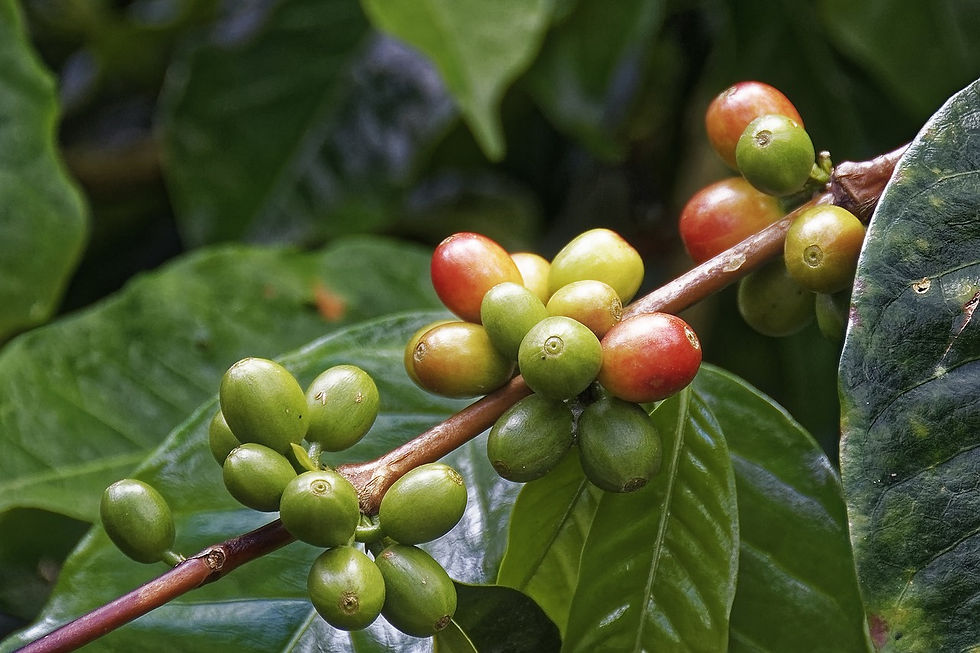Brief Coffee History - Things You Probably Didn't Know
- Ben Goldberg
- May 13, 2020
- 3 min read

Coffee is far and away one of the most popular beverages on earth. In fact, the world consumes nearly 150 million bags of coffee every single year. Some enjoy getting their fix from the shop down the street, while others prefer to utilize a modern stovetop espresso maker. There is no doubt that the world adores coffee.
But how much about the history of coffee do you actually know? Well, coffee was believed to have originated in Ethiopia hundreds and hundreds of years ago. The eventual coffee trade most of us participate in today began on the Arabian Peninsula, around the 15th century.
However, there are many more interesting facts about the history of coffee, many of which you probably don’t know. Without any further ado, this article is going to take a closer look at some things you probably didn’t know about the history of coffee.
Yemen Was the First Place Coffee Drinks Were Consumed
While discovered in Ethiopia, the first time that coffee beans were ever boiled was in Yemen. Traders from the country went to Ethiopia, harvested the beans, and decided to boil them. It quickly became popular to stay alert and boost concentration.
Farmers in Yemen quickly began growing their own coffee and it quickly became popular amongst nearly everyone. Coffee has obviously since spread throughout the world, but it remained in Yemen and the rest of the Islamic world in places like Turkey and Persia for well over 100 years before eventually reaching Europe.
Coffee Was Once Believed to be Incredibly Sinful
While coffee is now consumed by billions around the world, it wasn’t always as accepted as it is today. Like alcohol, for many years coffee struggled through things like prohibitions and bans. Supporters of various religions believed that consuming coffee was a sin and some even called it a “bitter invention of Satan”.
In 1511, coffee was banned by scholars meeting in Mecca, a move that was actually supported by the governor. He thought the consumption of coffee would bring people together and allow them to talk about their concerns about his leadership. Also, many believed it intoxicated those who drink it, similar to alcohol. The ban wasn’t removed until many years later in 1524.

While many people are under the impression that coffee comes from a bean, that isn’t exactly true. What we often think of as coffee beans actually come from a fruit that looks very similar to a cherry. The coffee bean is actually the pit or seed of these fruits.
When these cherry-like fruits are ripe, they are picked and dried, and each of the fruits will usually contain a couple of “coffee beans”. In addition to the coffee beans being able to be consumed, the fruit itself can be eaten too. However, it is quite sweet and the taste can depend on where the fruit is grown.
Coffee Has Always Been a Social Beverage
Today, many people enjoy their coffee with friends and family around the kitchen table, at a coffee shop or in the break room. It is an inherently social experience and fosters conversation and spending time with one another. While you might think this was a recent development, that’s not the case.
Since it was created, coffee has been important to socialize. Dating back to the 16th century, coffee houses became a very popular place to meet and talk with friends and peers about everything under the sun. They were important places to share information and within the first few centuries of coffee even reaching Europe, there were already thousands of coffee shops that were functional.
In conclusion, we hope that this blog post has been able to help you learn more fun and interesting facts about the history of coffee.







Comments